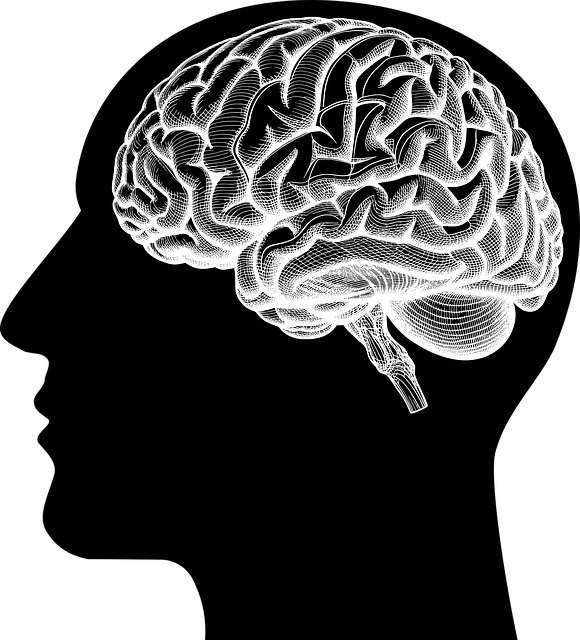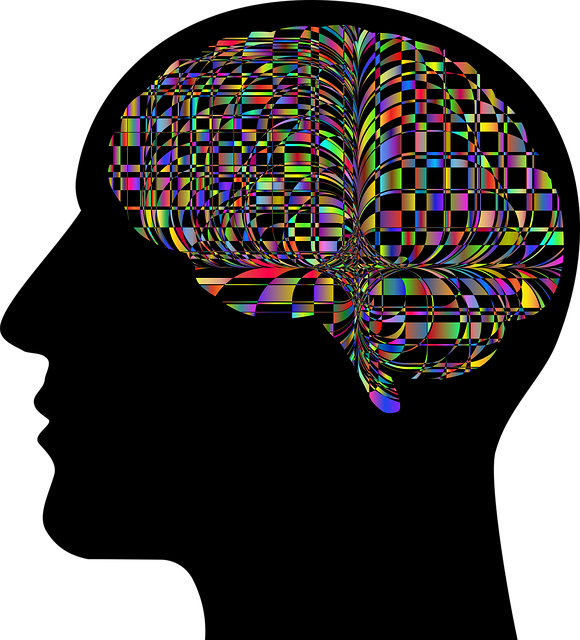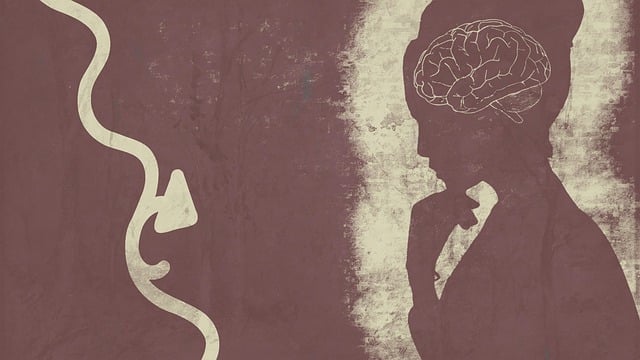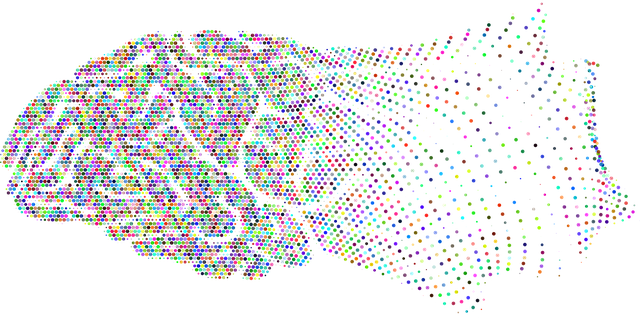Loss, grief, and bereavement are profound emotional journeys requiring Westminster spiritual-religious issues therapy for navigation. This therapy integrates spiritual beliefs with traditional methods to support individuals dealing with loss. Key techniques include stress reduction methods like mindfulness meditation and self-care practices, fostering resilience and healing. By exploring faiths, clients discover new insights and coping mechanisms, nurturing both mental wellness and emotional well-being during bereavement. Westminster Therapy Approach encourages emotional expression, introspection, and journaling for holistic support. Mental wellness coaching programs offer additional validation and tools to manage depression.
Loss, grief, and bereavement are universal experiences that can profoundly impact individuals and communities. This comprehensive guide explores these complex emotions from multiple perspectives, offering a holistic understanding of the grieving process. From spiritual-religious considerations to the Westminster Therapy Approach, we delve into effective strategies for navigating difficult emotions. By addressing common challenges faced during this sensitive period, this article provides valuable insights for supporting emotional healing and finding strength in the face of loss.
- Understanding Loss, Grief, and Bereavement: A Comprehensive Overview
- The Role of Spiritual-Religious Issues in Counseling
- Westminster Therapy Approach for Navigating Difficult Emotions
- Common Challenges Faced During the Grieving Process
- Effective Strategies for Supporting Emotional Healing
Understanding Loss, Grief, and Bereavement: A Comprehensive Overview

Loss, grief, and bereavement are complex emotional responses that individuals experience after a significant loss or death of a loved one. Understanding these processes is crucial for anyone seeking Westminster spiritual-religious issues therapy as they navigate through this challenging period. When someone experiences a profound sense of loss, it can evoke a range of feelings, including deep sorrow, anger, guilt, and confusion. These emotions are natural reactions to the void left by the absence of a significant person in one’s life.
Grief is the process through which individuals adapt to this new reality, and it is unique for everyone. It involves not just the death of a physical body but also the loss of connections, memories, and roles that were once integral to the individual’s identity. Stress reduction methods, such as mindfulness meditation and self-care practices, can be invaluable tools in helping individuals manage their grief and find moments of peace amidst the chaos. By embracing these techniques, one can foster resilience and learn to integrate their feelings into a new chapter of life, allowing for healing and personal growth.
The Role of Spiritual-Religious Issues in Counseling

In many cultures, spiritual and religious beliefs play a significant role in coping with loss and grief. This aspect is often integral to the counseling process, offering a unique perspective on healing. Westminster Spiritual-Religious Issues Therapy recognizes that individuals may find solace and strength through their faith or spiritual practices during difficult times. Counselors skilled in this area provide a safe space for clients to explore these beliefs, ensuring that religious or spiritual doctrines are respected and integrated into therapy sessions. This approach can be particularly beneficial as it allows for the expression of profound emotions and provides a framework for making sense of loss, thereby enhancing mental wellness.
The counseling environment encourages individuals to engage in introspection, often facilitated by journaling exercises, which can help improve self-esteem. By delving into their spiritual or religious beliefs, clients may discover new insights and coping mechanisms that support their social skills training and overall mental wellness. This holistic approach ensures that the counseling experience is personalized and impactful, catering to each client’s unique needs during times of bereavement.
Westminster Therapy Approach for Navigating Difficult Emotions

The Westminster Therapy Approach offers a unique perspective on navigating difficult emotions associated with loss, grief, and bereavement by integrating spiritual-religious issues into traditional therapy practices. This approach recognizes that for many individuals, faith and spirituality play a significant role in coping with profound emotional experiences. By addressing these aspects, therapists can foster a deeper sense of understanding and resilience among their clients.
Through this method, therapists encourage clients to explore their spiritual beliefs as a tool for healing. Mindfulness meditation techniques are often employed to help individuals process their emotions mindfully while cultivating empathy building strategies that strengthen connections between the client and their support system. This holistic approach ensures that both the mental wellness and emotional well-being of the individual are nurtured during the counseling process.
Common Challenges Faced During the Grieving Process

The grieving process is a deeply personal journey, often filled with complex emotions and challenges. Many individuals facing loss struggle with feelings of profound sadness, anger, guilt, and confusion, which can significantly impact their mental wellness. In the case of Westminster spiritual-religious issues, believers may also grapple with questions about faith and the role of religion in coping with bereavement. This internal turmoil, combined with the practical aspects of adjusting to life without a loved one, can be overwhelming.
One of the common challenges during this time is isolating oneself from social connections due to the intensity of emotions. Building empathy through supportive therapy becomes crucial for fostering recovery. Mental wellness coaching programs developed around these issues aim to provide safe spaces where individuals can express their feelings and learn healthy coping mechanisms. By engaging in conversations that validate their experiences, counseling sessions help prevent or mitigate depression, offering valuable tools for navigating this difficult period.
Effective Strategies for Supporting Emotional Healing

In addressing loss, grief, and bereavement, a compassionate and structured approach is essential for fostering emotional healing. Westminster Spiritual-Religious Issues Therapy offers tailored support through various effective strategies. One key technique involves creating a safe space for individuals to express their emotions freely, allowing them to process their loss without judgment. This can be facilitated through active listening, empathy, and the use of open-ended questions, enabling clients to explore and accept their feelings.
Additionally, integrating Burnout Prevention techniques is vital to support individuals in managing stress and exhaustion that often accompany grief. Emotional Well-being Promotion Techniques, such as mindfulness exercises and relaxation strategies, empower clients to find moments of peace amidst turmoil. Conflict Resolution Techniques are also employed to help individuals navigate interpersonal challenges that may arise during the grieving process, fostering a sense of community and understanding.
Loss, grief, and bereavement are profound experiences that can deeply impact an individual’s well-being. By understanding these complex emotions and providing tailored support, counseling plays a pivotal role in navigating the grieving process. The Westminster Therapy Approach offers a unique perspective by integrating spiritual-religious issues into treatment, acknowledging that many people find solace and meaning through their faith during difficult times. This comprehensive approach ensures that individuals receive holistic care, addressing both their emotional needs and spiritual beliefs. Through effective strategies, such as fostering open communication, encouraging self-care, and providing safe spaces for expression, counseling facilitates emotional healing and helps folks find strength in the midst of loss.














